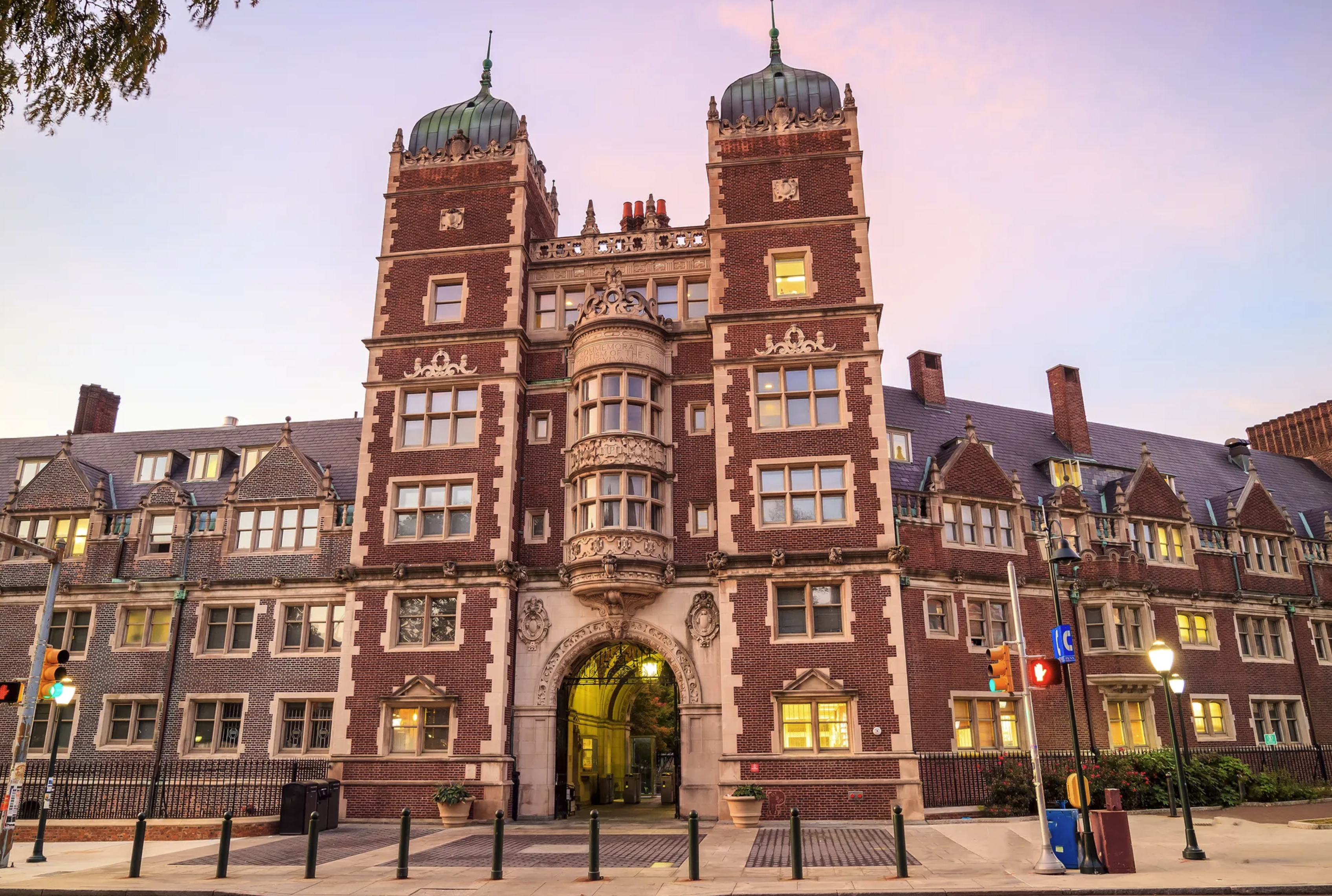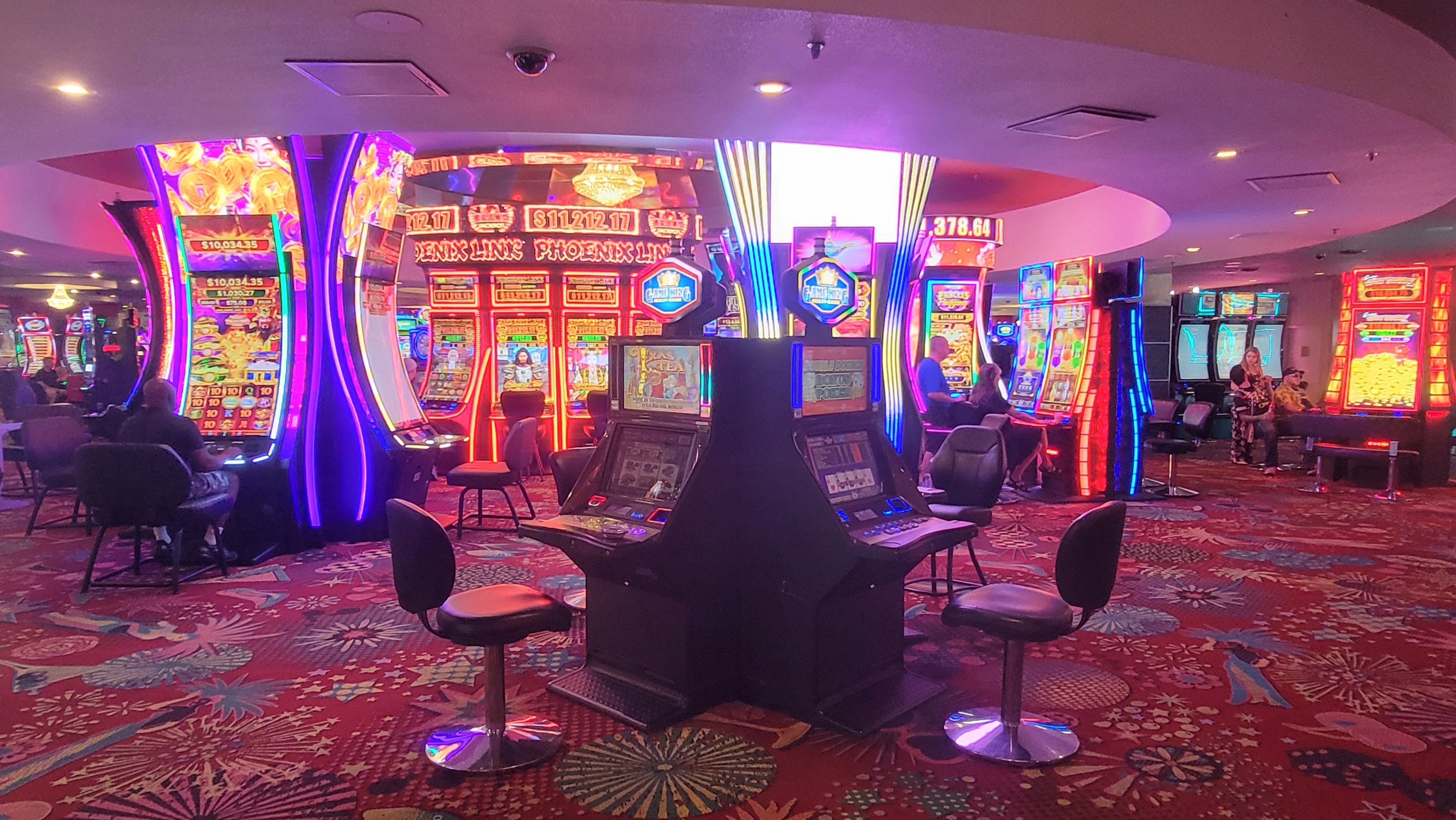In higher education, summer programs present a unique opportunity for students to explore their academic interests and enhance their learning experience. The University of Pennsylvania (Penn) recognized this potential and embarked on a six-month campaign to promote its "Penn Summer" program. Penn aimed to attract students from the tri-state area and feeder schools through a strategic and multi-channel approach, offering them a chance to engage in an Ivy League education during their summer break. Let's dive into the remarkable results of this campaign and explore how Penn successfully drove leads and captured the attention of its target audience.
The campaign's geographic and demographic targeting was laser-focused on the Delaware Valley, specifically the Philadelphia DMA, which accounted for 90% of the efforts. A 10% allocation was also dedicated to students from prestigious feeder schools, including Pepperdine, Cornell, Boston College, and Columbia. This strategy allowed Penn to tap into a local market while attracting students from well-regarded institutions who sought to spend their summers in an Ivy League setting. The goal was to provide an exceptional summer learning experience for students in the tri-state area, and the Penn Summer program offers a unique opportunity for them to explore their academic interests while enjoying the benefits of an Ivy League institution.
To maximize reach and engagement, Penn deployed a comprehensive array of tactics. The campaign utilized paid search, capitalizing on strategic keyword targeting and compelling ad copy to capture the attention of students actively searching for summer programs in the Philadelphia area. Social lead generation tactics were employed on popular platforms like Facebook and Instagram, leveraging demographic and interest-based targeting to connect with potential students.
Furthermore, Penn employed in-need targeting to deliver customized messaging to students actively seeking summer classes or looking to enhance their academic journey during the break. Streaming ads were strategically placed on popular platforms, engaging students during their daily audio consumption and enticing them to explore the Penn Summer program. Lastly, display and retargeting techniques were employed to maintain a consistent presence, reinforcing the campaign's message and increasing conversion rates.
The University of Pennsylvania, Summer Program campaign yielded remarkable results. Over the six-month campaign, it served the target audience an impressive 6.6 million impressions. Furthermore, the campaign generated over 39,000 qualified clicks to the designated landing page, achieving an overall click-through rate (CTR) of 0.60%. This CTR surpassed industry averages, indicating the campaign's effectiveness in capturing audience attention and driving engagement.
The University of Pennsylvania, Summer Program campaign is an exemplary case study of a successful higher education marketing initiative. Penn achieved outstanding results in driving leads by employing a well-crafted strategy encompassing various tactics.
Summer program at the university showcased the unique opportunities available to students seeking a top-tier summer learning experience through targeted messaging, captivating advertisements, and a keen understanding of their audience.
The campaign demonstrated that investing in a multi-channel approach can substantially benefit educational institutions. By reaching out to local and feeder school students through paid search, social lead generation, in-need targeting, streaming audio, and display/retargeting, Penn positioned itself as a premier choice for students seeking academic enrichment during their summer break.
In summary, the University of Pennsylvania Summer Program campaign is a testament to the power of effective marketing strategies in driving leads, generating engagement, and establishing an institution as a desirable destination for educational pursuits.





